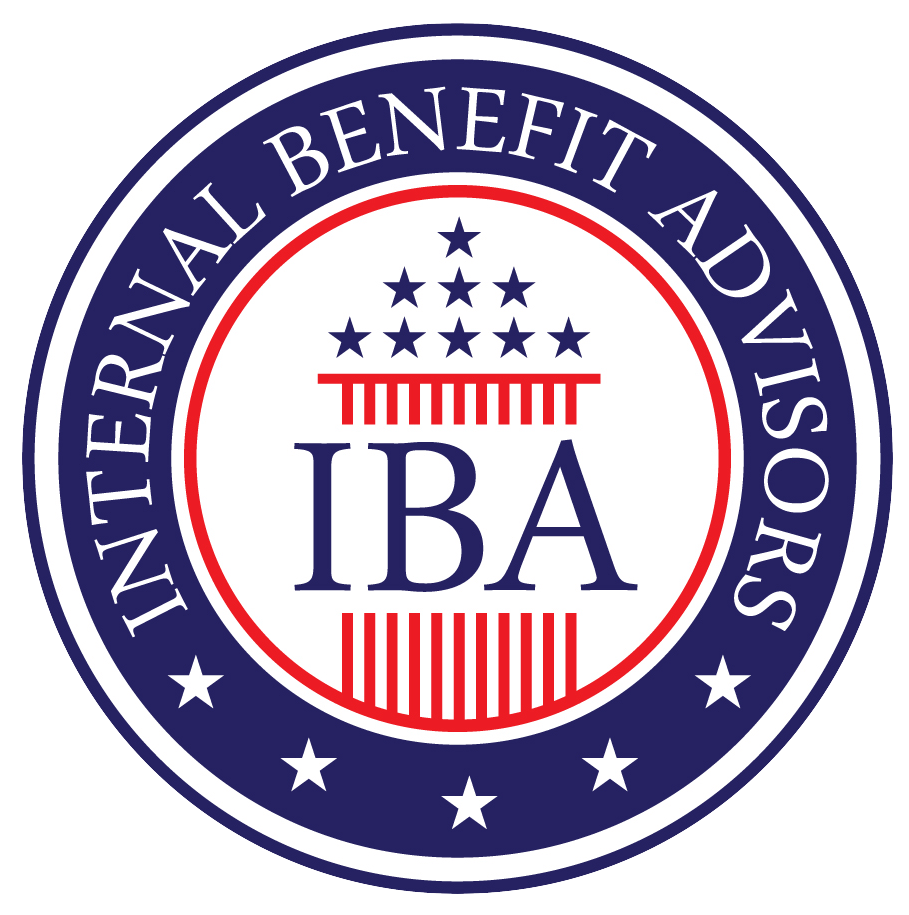DHS Offers Up to $25K in Severance: What Federal Employees Need to Know
A recent Newsbreak report revealed that the Department of Homeland Security (DHS) is offering voluntary severance packages of up to $25,000 to certain employees. While this may seem like an attractive short-term financial boost, federal employees must carefully consider how accepting severance could impact their retirement benefits, Thrift Savings Plan (TSP), and long-term federal retirement planning.
Key Considerations for Federal Employees
- Severance Pay vs. Retirement Benefits
- Severance pay is taxable and may reduce immediate financial stress, but it does not count toward your FERS annuity calculation.
- According to OPM guidelines, employees who accept voluntary separation incentives (VSIP) may still qualify for retirement benefits if they meet age and service requirements.
- Impact on Thrift Savings Plan (TSP)
- Severance does not include continued TSP contributions or agency matching. Employees should assess whether leaving federal service early will hurt their long-term retirement planning.
- The TSP.gov website advises separating employees to carefully manage their accounts to avoid unnecessary fees or tax penalties.
- Health and Life Insurance Continuation
- Employees who accept severance may retain FEHB and FEGLI coverage if they meet eligibility requirements (OPM.gov).
- Those retiring later should ensure no gaps in coverage before qualifying for retirement benefits.
How Internal Benefit Advisors Can Help
At Internal Benefit Advisors, we help federal employees make informed decisions about severance, retirement benefits, and financial security. Our services include:
- Severance package analysis – Weighing short-term gains vs. long-term retirement impacts.
- TSP optimization – Strategies to maximize savings before and after separation.
- Federal benefits counseling – Ensuring no loss of FEHB, FEGLI, or pension eligibility.
Expert Recommendation:
“Before accepting a severance offer, consult a federal benefits specialist to avoid unintended consequences for your retirement.”
References:




